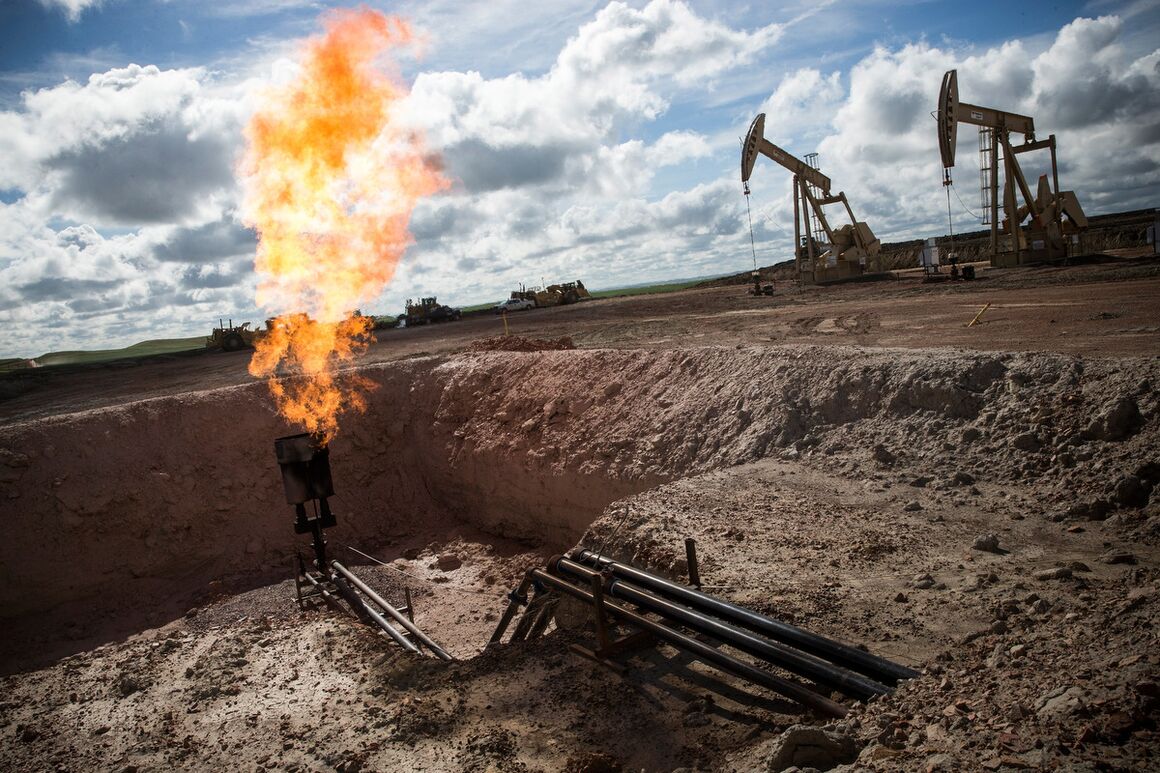According to Iran’s Oil Ministry's Department of OPEC Affairs and Energy Organizations, the ICJ, the world’s highest court, released the opinion on July 23, 2025, in response to a request from the United Nations General Assembly. The court stated that states failing to act against the “urgent and vital threat” of climate change could face legal consequences.
The opinion underscores the role of the Intergovernmental Panel on Climate Change (IPCC) as the provider of the best available scientific knowledge. The court stressed that any additional global warming matters, noting that even a 1.5°C rise poses significant risks to nations, communities, ecosystems, and sectors. The 1.5°C limit, it noted, remains the central goal of the Paris Agreement.
The court emphasized that submitting Nationally Determined Contributions (NDCs) under the Paris Agreement is not sufficient; their content must reflect genuine commitment and is not solely at the discretion of member states. The ICJ urged all Paris Agreement parties to ensure their NDCs represent the highest possible ambition, taking into account each country’s cumulative emissions and national circumstances.
The opinion also clarified that NDCs must be collectively capable of achieving the Paris Agreement’s temperature and broader objectives, and that member states are obligated to make every effort to meet these goals.
No loophole for the US?
Importantly, the court found that legal climate obligations arise not only from the UN Framework Convention on Climate Change (UNFCCC), the Kyoto Protocol, and the Paris Agreement, but also from other international legal instruments, including the UN Convention on the Law of the Sea (UNCLOS), human rights law, and customary international law.
This means such obligations apply universally—regardless of whether a country is party to climate treaties. The ruling highlights a key implication for countries like the United States, which withdrew from the Paris Agreement under a previous administration and does not fully recognize the ICJ’s jurisdiction.
The court ruled that governments’ failure to act—such as through fossil fuel production, consumption, exploration licensing, or fossil fuel subsidies—could constitute internationally wrongful acts attributable to those states.
“States must cooperate to achieve specific emissions reduction targets,” said ICJ President Yuji Iwasawa. “Countries that breach international climate obligations may face claims for compensation, restitution, or injunctions.” He added that scientists have established clear causal links between extreme weather and greenhouse gas emissions.
Global implications for climate justice
The advisory opinion follows submissions totaling more than 10,000 pages from 91 countries and organizations, including China, the US, and Saudi Arabia. Though not legally binding, the ICJ’s advisory carries significant legal weight in interpreting international law and guiding resolution of complex disputes.
The case was initiated by the island nation of Vanuatu and supported by over 130 countries. Vishal Prasad, director of the Pacific Islands Students Fighting Climate Change campaign, called the opinion a “compass” for global course correction.
“This ruling is a tool for justice—usable in parliaments, courts, and negotiations to hold power accountable,” he said.
During court sessions in December, countries like the U.K. and the U.S. argued for a narrow interpretation of climate commitments under the current UN climate regime—an interpretation that would avoid penalties for noncompliance. However, large European nations now face increased legal exposure to damages claims. The U.S., as the largest historical emitter, does not fully recognize the ICJ’s authority.
In concluding the advisory, Iwasawa stated the General Assembly’s questions extended beyond legal technicalities: “They pertain to an existential problem on a planetary scale, threatening all forms of life and the health of our planet.” He expressed hope that the court’s conclusions would inspire global social and political action.
Boosting developing nations’ leverage at COP 30
Legal experts believe the opinion will bolster developing countries’ position in international climate finance negotiations, including the upcoming COP 30 summit in Brazil this November.
Harj Narulla, legal counsel for the Solomon Islands in the ICJ case, said developing nations now have a legitimate legal path to demand reparations. “They can now say: if you won’t come to the diplomatic table, we’ll see you in court.”
The opinion is also expected to inspire national courts handling a growing number of climate cases targeting governments, cities, and major polluters. In theory, countries can now seek financial compensation, debt relief, or ICJ orders halting fossil fuel subsidies and new oil and gas exploration.
A record number of states submitted briefs to the ICJ, turning the case into a forum for grappling with some of the world’s most complex legal and geopolitical climate questions.
Ultimately, the court supported the positions of small island states and the African Union, linking climate goals to the strengthening of international law on preventing transboundary environmental harm and upholding human rights.
To date, lawyers and civil society advocates have struggled to legally prove that cumulative emissions since the 1960s caused specific deaths or damages from floods, fires, heatwaves, or sea level rise. Despite the authority of the ICJ’s opinion, activists and developing nations will still need to demonstrate that a particular country’s historical emissions caused identifiable harm.


Your Comment